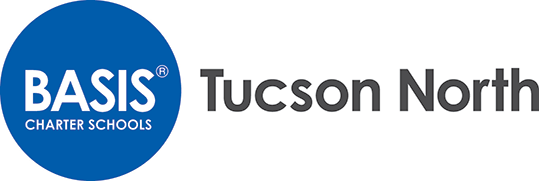Week 1: No Prescription Needed—Just Good Hygiene and Precautions!
Welcome back!
Last week in the classroom, we went over Module 15 of NHA’s pharmacy technician course. In this module, we covered infection control procedures and precautions, wellness practices, and disease prevention. I learned about common healthcare associated infections, the role of OSHA in the wellness of healthcare workers, first aid, and all about immunizations.
As I briefly mentioned in my welcoming post, every week we are tested on 10 common medications. These medications come from our list of Top 200 Medications which we will have learned by the end of the year. Last week, we were tested on drugs 151-160 on our list. These drugs included bone strengtheners, birth control medications, and bronchodilators.
We began this week by completing our lectures on Module 16 which covered everything about Over-the-counter (OTC) Medications. I learned about common uses, names, and considerations regarding OTC medications which ranged from analgesics to gastrointestinal remedies to skin and hair care products.
As part of this week’s lesson, I practiced reading and sharing the information on common OTC medications. I researched Hydrocortisone cream used to treat eczema and other skin conditions. I shared with the class its uses, warnings, directions, active and inactive ingredients, and other information as a technician may share with a customer. I found this activity to be very fun because I got to research a medication that I used for itching as a kid and I got to practice skills like communicating with others when sharing information about medications.
Did you know that pharmacy technicians are not allowed to be a source of consultation for customers or patients looking for the best medication suited for them? Only pharmacists and doctors may consult with the patient about their medications.
This program is my first experience in a healthcare career class. Signing up for the pharmacy technician program at JTED, I did not expect so much information about overall healthcare to be necessary to become a pharmacy technician. I expected the course to merely teach students how they assist pharmacists in everyday tasks. However, pharmacy technicians are expected to hold a significant amount of knowledge on almost everything about medications, diseases and conditions, and the typical patients for these medications, despite the justified regulations prohibiting consultation and advice from technicians. This knowledge encompasses the standard, common use of medications as well as any contraindications and complications that each medication may have with other medications and other diseases and conditions. As you might imagine, technicians have to acquire a lot of knowledge despite their unique assistive role.
With the completion of the NHA pharmacy technician course nearing and the certification exam coming up in a few months, I find myself needing to review a great deal of information. In the coming weeks, I will be dedicating a good chunk of my time to preparing myself to become a certified pharmacy technician. This should be an easier task for me now that I have completed my daytime classes as a senior.
That’s today’s dose—take as needed for inspiration,
Vincent Do

Comments:
All viewpoints are welcome but profane, threatening, disrespectful, or harassing comments will not be tolerated and are subject to moderation up to, and including, full deletion.